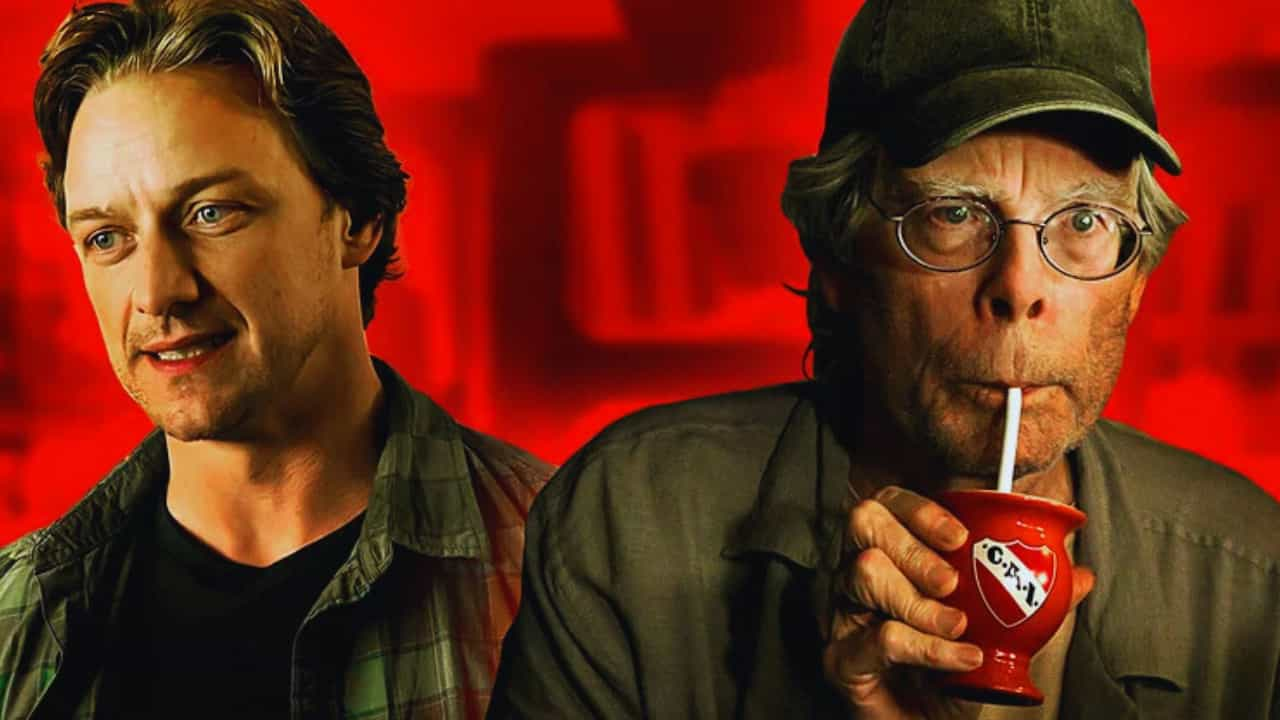The King of Horror’s Final Pages: Why Stephen King’s Endings Keep Readers Guessing
In the realm of modern literature, few authors have sparked as much debate over their storytelling conclusions as Stephen King. Today, we dive deep into the phenomenon that has both frustrated and fascinated readers for decades.
King’s controversial finale formula The master of horror’s approach to endings has become almost as legendary as his stories themselves. Take “The Stand,” where divine intervention swoops in to resolve the epic conflict, or “IT,” featuring that infamous controversial scene that leaves readers questioning its necessity.
Breaking Down the Pattern Our investigation reveals a fascinating trend in King’s work. The shorter the story, the more likely it is to remain grounded. Nestled within his collection “Skeleton Crew,” “The Jaunt” delivers a profound impact that readers continue to discuss decades later. Meanwhile, the longer works such as “Under the Dome” and “Cell” often leave fans perplexed.
The Success Stories Not all King endings fall short. “Misery” is a prime example of a masterful conclusion. The story of Paul Stanley’s captivity reaches a satisfying conclusion that ties together both physical and psychological elements perfectly. Similarly, “The Shining,” “Carrie,” and “Pet Sematary” prove that King can deliver powerful endings when he embraces darker outcomes.
The Writer’s Defense King himself seems unfazed by the criticism. In a meta moment in “IT: Chapter 2,” he even pokes fun at his reputation. “Why worry about the ending anyway?” he writes in his memoir “On Writing.” “Why be such a control freak?”
The Reality Factor What sets King’s endings apart is their commitment to realism within supernatural contexts. Consider “The Long”Walk,” which, despite its initial disappointment, gains power through its brutal honesty about trauma and human endurance. The relatively positive conclusion of “Misery” doesn’t magically erase the protagonist’s PTSD.
The Time Travel Twist “11/22/63” showcases another dimension of King’s ending strategy. Instead of focusing solely on the JFK assassination’s alternative history, the story pivots to a heartbreaking love story. This departure from expected paths demonstrates King’s willingness to subvert reader expectations, for better or worse.
The Dark Tower Debate Perhaps no ending has sparked more discussion than “The Dark Tower” series finale. The circular conclusion, sending Roland back to the beginning, divides fans to this day. Some see it as a cop-out, others as a brilliant commentary on obsession and destiny.
A New Perspective Looking deeper, many of King’s controversial endings align with his commitment to psychological realism. Even in supernatural scenarios, he refuses to give characters easy escapes from trauma. “The Running Man‘s” dark conclusion, while shocking, feels inevitable given the story’s trajectory.
Expert Analysis Literary critics suggest that King’s ending “problem” might actually be a feature, not a bug. His refusal to bow to conventional happy endings forces readers to grapple with uncomfortable truths about human nature and resilience.
The Final Word While the debate over King’s endings continues, their impact on modern literature is undeniable. They challenge readers’ expectations and often improve with time and reflection. Perhaps that’s the true mark of their success—they keep us talking, thinking, and coming back for more.
